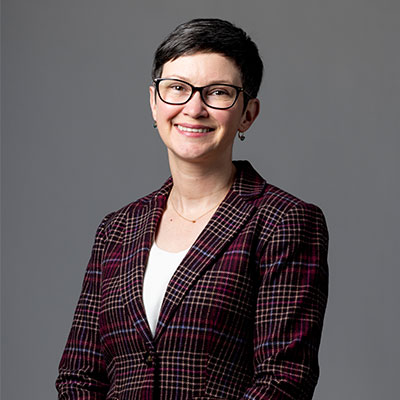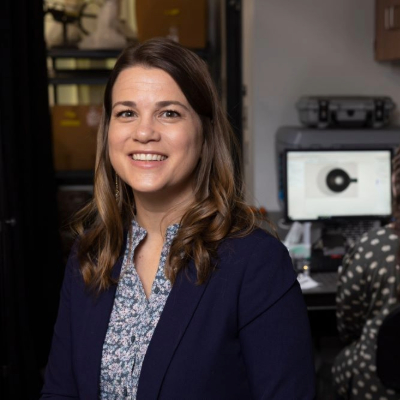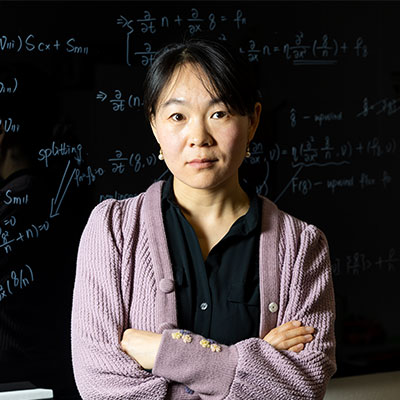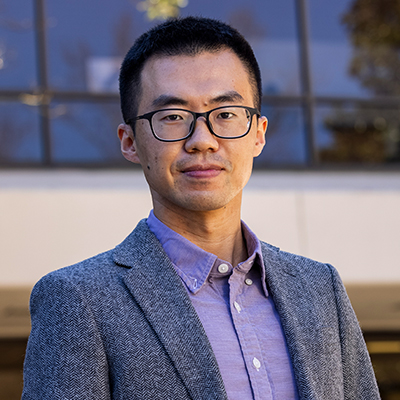Chester Joyner
Fred C. Davison Early Career Scholar Award

Chester Joyner, assistant professor in the College of Veterinary Medicine, is integrating molecular biology, immunology, and vaccine development to develop new therapies needed to treat and prevent malaria. His work addresses some of the biggest challenges in the field by studying Plasmodium vivax dormancy in the liver, investigating why malaria infections fail to generate long-lived immune responses and leading the preclinical testing of an innovative vaccine strategy that counteracts the parasite’s ability to inhibit development of such long-lived immunity. Through these studies, his lab has overcome one of malaria’s greatest challenges—the inability to genetically manipulate P. vivax in the lab—developing novel techniques to introduce genetic modifications into the parasite and opening new avenues for biology and vaccinology. Joyner has secured over $7.3 million in research funding, authored 30 peer-reviewed publications, and been invited to share his work at major international conferences. His work is helping to guide the future of malaria treatment and eradication strategies.









